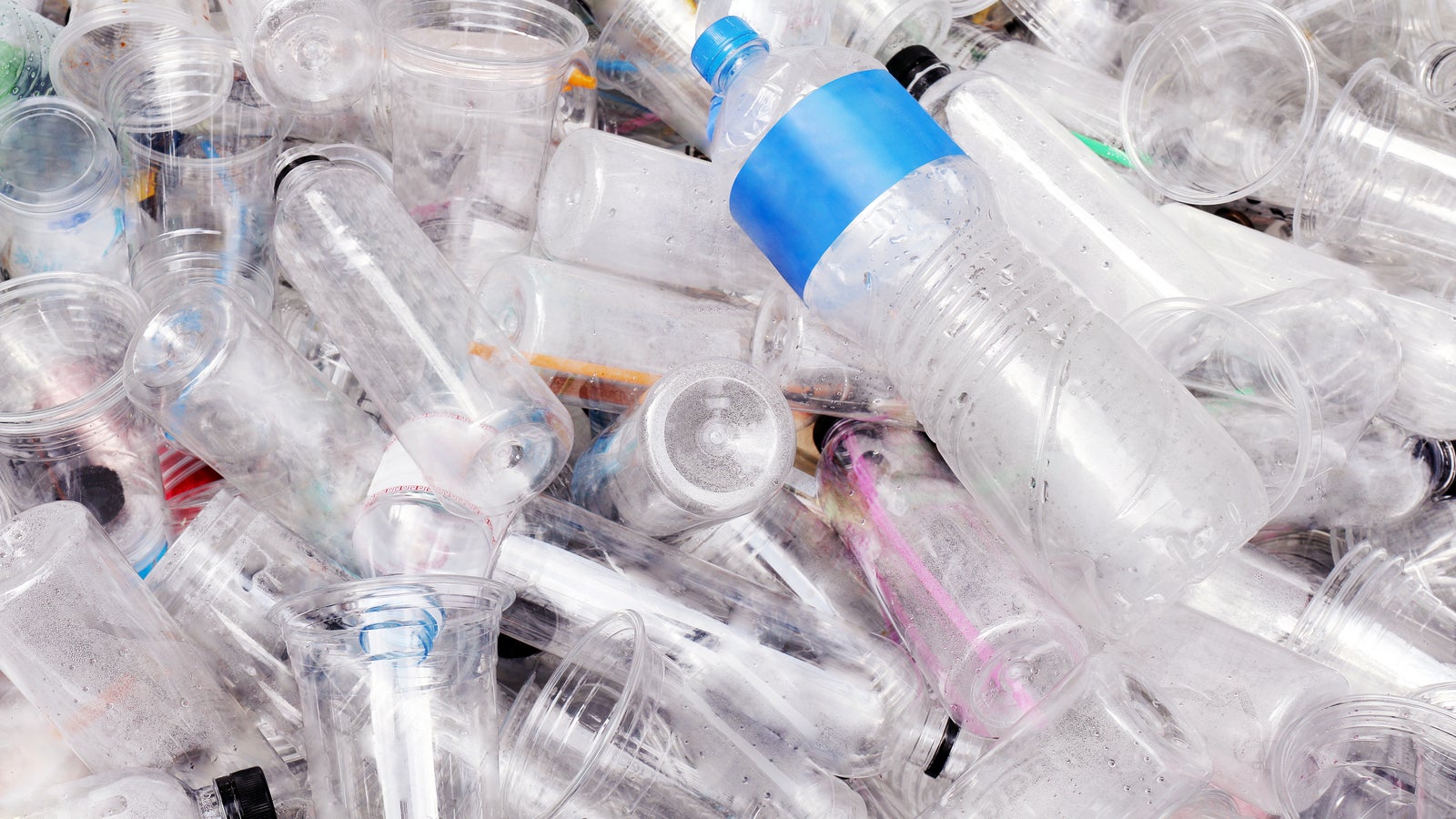
Craig Harman, tax specialist and partner at Perrys Chartered Accountants, explains what the Plastic Packaging Tax (PPT) means for businesses and why they should be planning for the changes now.
The UK uses an estimated five million tonnes of plastic every year, nearly half of which is packaging.
As the plastic problem worsens, countries across the globe have been looking at ways to deal with overflowing landfill sites and polluted soils, rivers and oceans.
As part of its commitment to reduce plastic packaging and waste, the UK government announced in 2018 that it would be introducing a PPT from April 2022.
How well do you really know your competitors?
Access the most comprehensive Company Profiles on the market, powered by GlobalData. Save hours of research. Gain competitive edge.

Thank you!
Your download email will arrive shortly
Not ready to buy yet? Download a free sample
We are confident about the unique quality of our Company Profiles. However, we want you to make the most beneficial decision for your business, so we offer a free sample that you can download by submitting the below form
By GlobalDataWhy is the PPT being introduced?
The UK government is aiming to significantly reduce the amount of virgin plastics (plastic produced entirely from plastic resin that hasn’t been used or processed before) that are being sent to landfill or being burned. It is also hoped that by introducing the PPT, companies will be encouraged to look at more sustainable alternatives for packaging their products and consumers will be motivated to recycle packaging instead of throwing it away.
What is the plastic packaging tax?
The new tax, which will come into force from April 2022, will require producers of plastic packaging manufactured in, or imported into, the UK to pay £200 per tonne of plastic packaging if it contains less than 30% recycled plastic, and is plastic packaging that is predominantly plastic by weight.
Plastic packaging that has been imported will be liable to the tax, whether it is unfilled or filled.
However, the tax will not apply to manufacturers and importers of less than 10 tonnes of plastic packaging per year, packaging exported from the UK, or packaging that is used for licenced human medicines.
How many businesses will the plastic packaging tax affect?
It is estimated that 20,000 producers and importers of plastic packaging will be affected with a significant impact on a wide range of industries, including manufacturing, logistics, freight, transport, haulage and construction.
What are the cost implications of the plastic packaging tax likely to be?
The new tax is likely to impact a wide range of businesses with additional costs, including understanding how the tax is implemented and keeping relevant records.
For example, food and drink legislation stipulates, that in some circumstances, using recycled plastic packaging for food is forbidden and, therefore, food manufacturers will need to pay the tax for using virgin plastics.
There is also the added issue of how the tax will translate to consumers, who are likely to feel the knock on effects of these extra costs, which could raise prices of some products, like food, by around 10% to 20%.
How can companies plan for the plastic packaging tax now?
It is important that businesses do not delay with finding alternatives to plastic packaging and start planning now to ensure they are fully prepared for the April 2022 deadline.
As already mentioned, plastic packaging that contains at least 30% recycled materials will be exempt from the tax, so companies are being encouraged to find suitable alternatives that meet or exceed these requirements.
Businesses that are uncertain about what the plastic PPT might mean for their operations should seek the advice of a professional accountant, who will be able to guide them through the legislation and requirements.
It is important to remember that, despite the potential cost implications for businesses and consumers, the PPT is likely to have a positive impact on our environment, changing business operations for the better and ensuring our planet is protected for the future.






